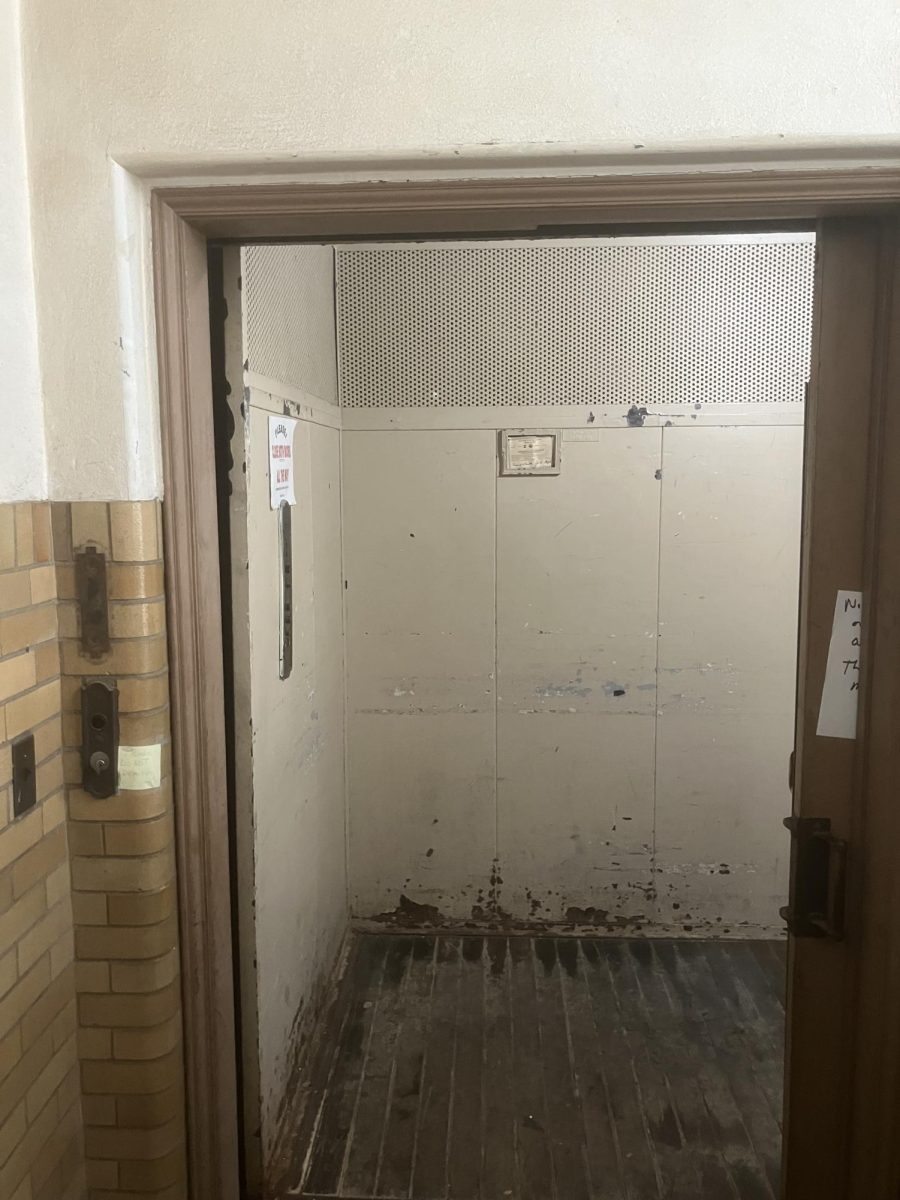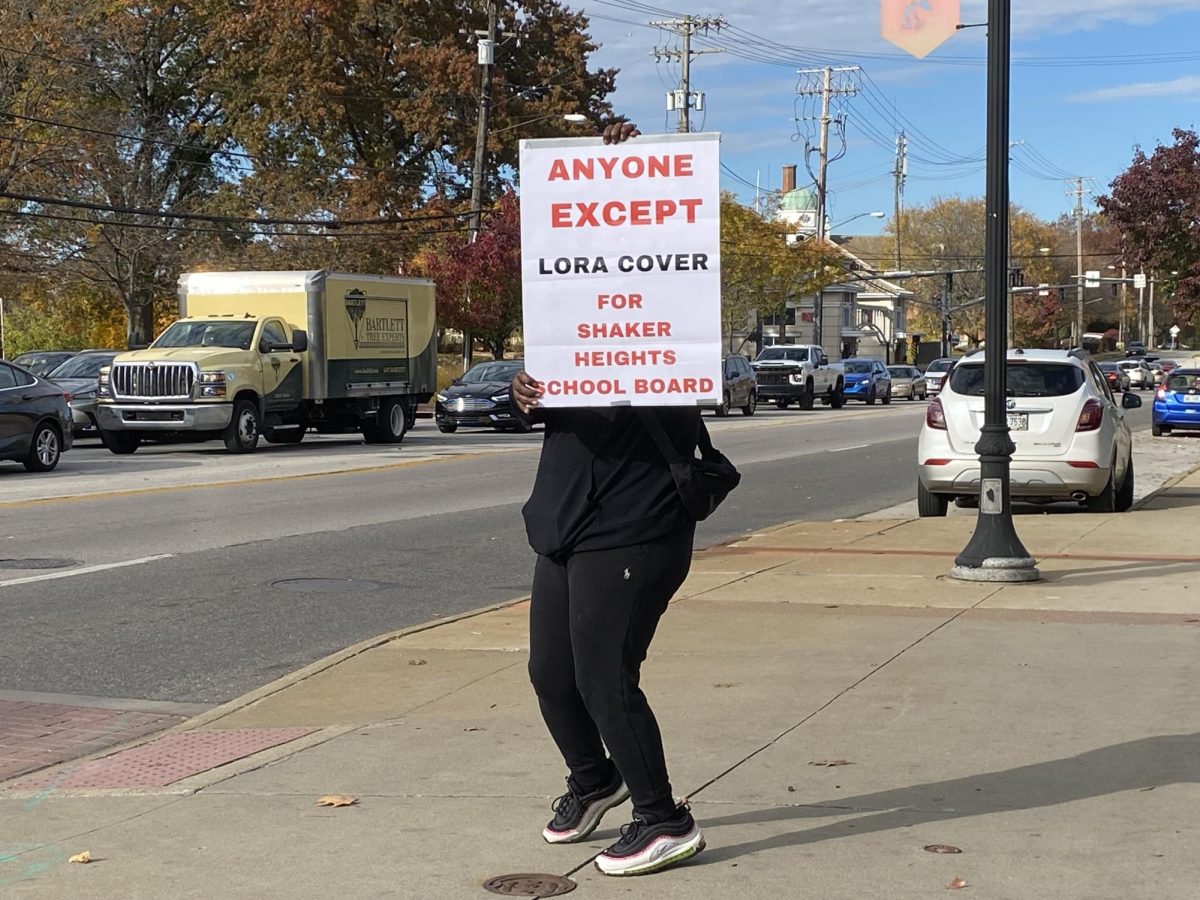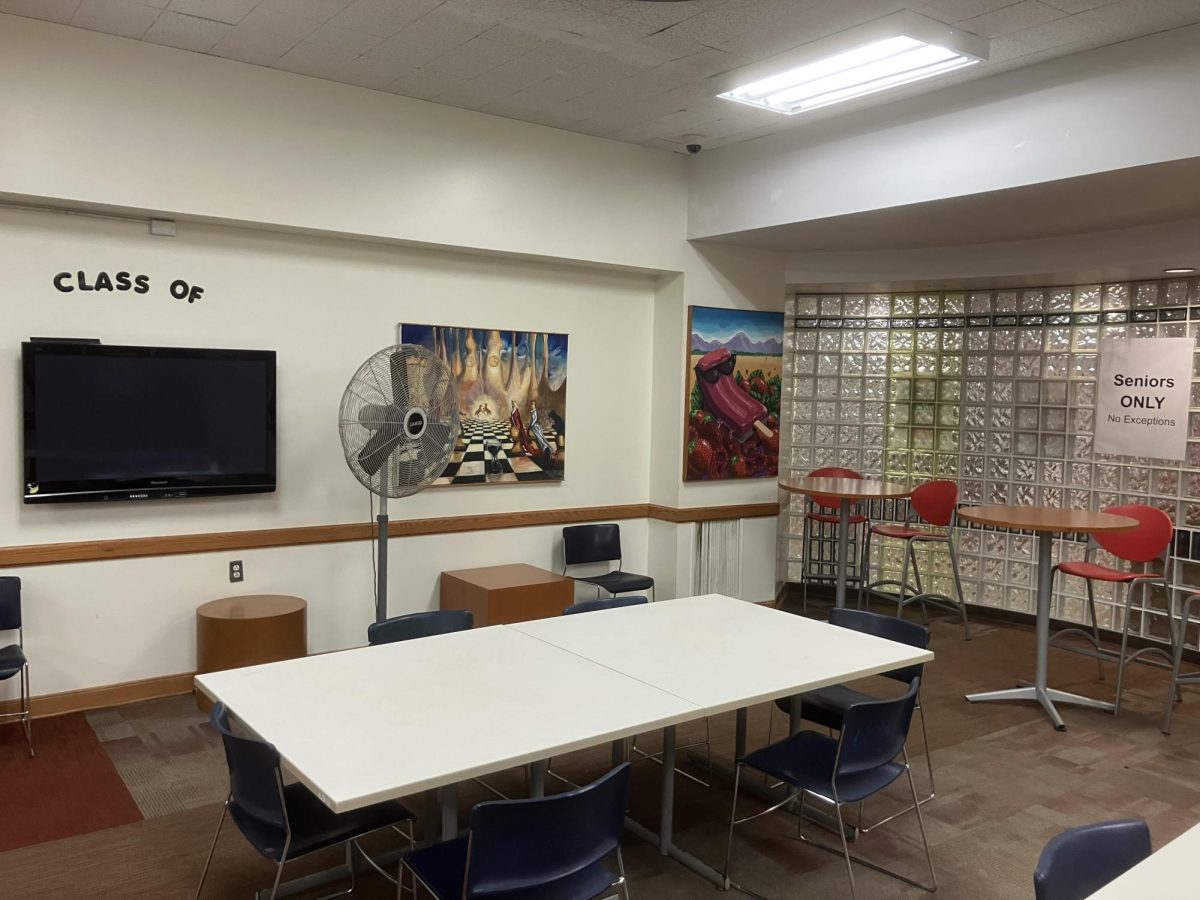Of the 22 juniors in the IB program last year, 15 remain enrolled as seniors.
IB Coordinator and social studies teacher Tim Mitchell said the program expects numbers to change like this, and that the changes are not a problem. He said in other IB schools across the country, just as many, if not more students drop out of IB before finishing the program.
Columbus Alternative High School AP/IB Coordinator James Velo stated in an email that four of 14 IB students at his school left the program between fall 2011 and fall 2012. This equates to a 29 percent IB dropout rate, 3 percent less than the dropout rate in Shaker.
Akron Firestone High School IB Coordinator Judith Harrison stated in an email that only one student of 18 left IB at Firestone over the summer. This means that Firestone had a 6 percent dropout rate. Firestone has a well-established IB Diploma Program, which was implemented in 1995. Shaker and Columbus Alternative have newer programs. Shaker is in its third year of the Diploma Program. Columbus Alternative became an IB school in 2004.
Shaker promotes IB heavily, partially because it is internationally recognized and, according to Mitchell, partially because it is new. Mitchell said many students tried the program because the district promoted IB. For some students, he said it “was not what they imagined,” and they “decided the program was not for them.”
A large workload undeniably accompanies IB, but Mitchell said the workload is only one reason that students drop out.
Senior Andrew Taylor-Shaut, who left the program after his junior year, said he left for many reasons. “I dropped out of the program from the workload,” he said. “The IB program is like an extracurricular.
“Also, I wanted to have freedom with the classes I wanted to take, because I was interested in a couple classes that IB did not offer, like psychology and photography,” he said.
Taylor-Shaut said he still takes IB chemistry and math. “I would take physics and enviro if I was still in the IB program,” he said.
Mitchell said, “Many students are still taking IB courses; they just aren’t doing the CAS [Creativity, Action, Service] or the extended essay.”
Senior Brandon Norman left the program for a different reason. “For me, I had one class that wasn’t working out,” he said. “But that’s the thing about IB — it’s all-around. Unfortunately I had to drop [Theory of Knowledge] in order to switch my class. And you need TOK for IB.” Norman said he still takes three IB classes.
Norman said that different people have different reasons for leaving the program. “Some people can’t handle the workload, in general, while for others it can be classes and other little things like CAS or the extended essay.”
Mitchell said some students drop the program because they experience trouble balancing IB with family commitments and extracurricular activities. Mitchell said, “IB discourages specialism. It’s hard to be an artist or a musician and also complete all the Diploma Program requirements.” He said some students “want to focus on other things.”
Taylor-Shaut said, “I would recommend the IB program to anyone who would like a structured program that would look great for colleges. . . But this program is for someone who is dedicated to education and will have the time for a little extra work.”






